Fifteen Minutes of Fame
Beth Griffith
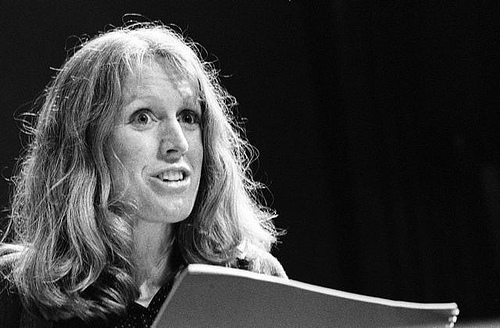
Beth Griffith (soprano) has appeared with Sequentia, Musikfabrik, Ensemble13, L'Art pour L'Art, Cologne Radio Symphony Orchestra, and the Paris Nouvel Orchestra Philharmonique and has worked with composers John Cage, Morton Feldman, Mauricio Kagel and Karlheinz Stockhausen. Her one-hour, solo recording of Feldman's "Three Voices" was awarded the German Record Critics Prize.
Since her European debut in Mauricio Kagel's solo theater piece Phonophonie in 1978, the demand for Beth Griffth as soloist has taken her to such important music festivals as the Warsaw Autumn, Cologne Triennale, Wien Modern, Numus Festival, RIAC, Donaueschingen Musiktage, Darmstadt Summer Courses,Wittener Tage fur Neue Kammermusik, ISCM and New Music America. In addition, her acclaimed performance of Morton Feldman's Three Voices has been heard on numerous stages from Prague, Berlin, London, New York and in between. Recent invitations led her to Grahamstown, South Africa, Gent, s-Hertogenbosch, Cologne, Wiesbaden, Raleigh, North Carolina and here in New York with repertoire ranging from chamber works by Sorrell Hays, Dieter Schnebel, Wolfgang von Schweinitz, Manos Tsangaris, solo works by John Cage, Alvin Curran, Morton Feldman, Noah Creshevsky, John McGuire, Mattricio Kagel and Rodney Waschka.
"An extraordinary American soprano, Beth Griffith sang with a focus and presence (as she did everything) that held a listener at rapt attention. Griffith, a Texan, recently returned to the United States after a 20-year career in Germany. It is our good fortune" --Mark Swed Los Angeles Times
"A real highlight of the festival was the exceptional singer Beth Griffith... Her vocal artistry surpasses the conventional with an incredibly wide gamut of tonal and expressive articulation... All this seems to happen in a kind of mystical atmosphere brought about by the unique performance of Beth Griffith, as singer and as human being." --Suzana Martinakova Literarny Tyzdennik Bratislava:
"The piece that turned me to jelly, though, was A cappella, by John McGuire, recently resident in New York after decades in Cologne. With impassioned expressiveness, soprano Beth Griffith sang syncopated vowel sounds over a sparkling electronic background, medieval but vibrant in its contrapuntal austerity." --Kyle Gann The Village Voice
Concert Dates
- October 14, 2012 - New York City - Jan Hus Church
- September 25, 2011 - New York City - Jan Hus Church
15 one-minute selections for Beth Griffith
-
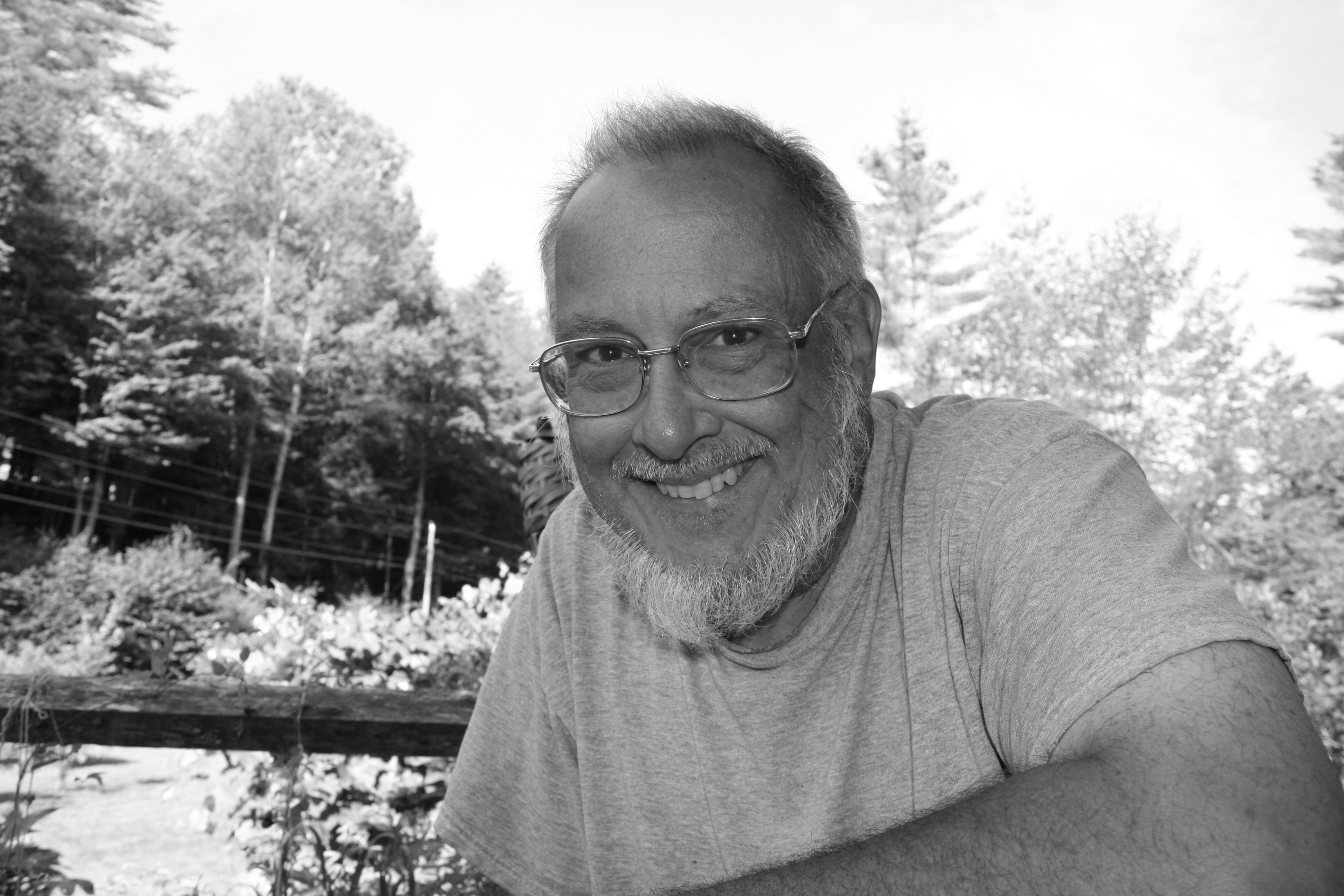
...daar zatten wij...
Dennis Bathory-Kitsz
Dennis Bathory-Kitsz (1949) composes and advocates for the presentation of nonpop. He has created more than 1,000 works. He co-hosted the "Kalvos & Damian" nonpop radio show and created the "We Are All Mozart" composition productivity project. His Blood Countess opera "Erzsebet" premieres in October.
"...daar zatten wij..." ("we sat there") sets two verses of Psalm 137 in Dutch. Using expressive and extended techniques, it voices the simple plaintive psalm text as a tribute to the struggling new music community in the Netherlands, whose conservative government has begun dismantling the musical culture.
-
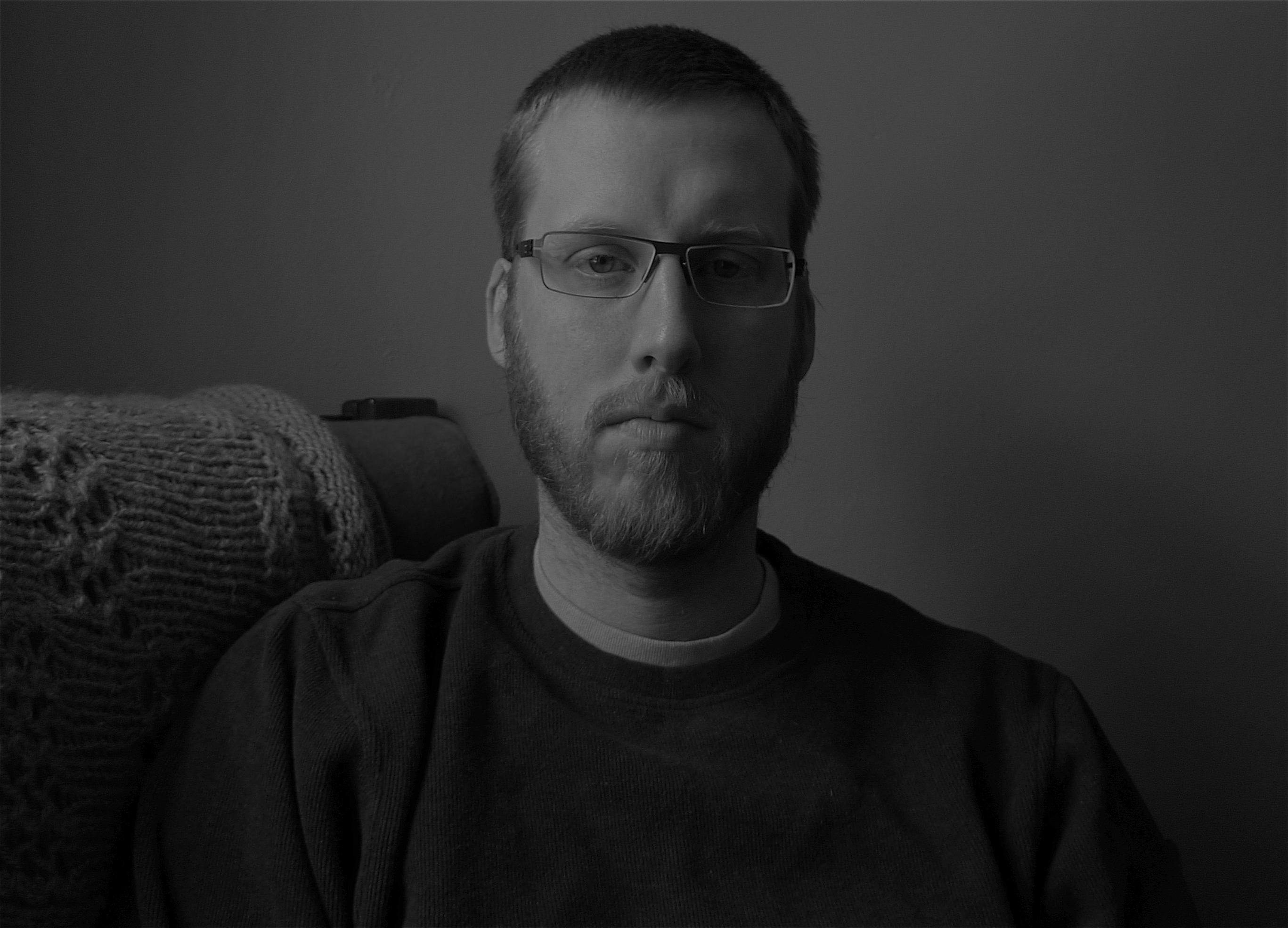
These Sounds
Christopher Danforth
Christopher Danforth is a composer living in Minneapolis, Minnesota. He studied composition under Henry Gwiazda at MSU, Moorhead. He has won awards from the American Composers Forum, the Jerome Foundation, the American Music Center and Meet the Composer. His music has been featured in advertising campaigns, interactive websites, skateboarding videos and at new music festivals around the country including the 2011 MATA Festival in New York City.
The text for "These Sounds" is based on the writings of the fourteenth century Zen master, Bassui. The melodic themes for the text are drawn from various modal scales and are surrounded by a beat-box of sounds. Those vocalizations create a backdrop for Bassui's question "Who is hearing these sounds?"
-
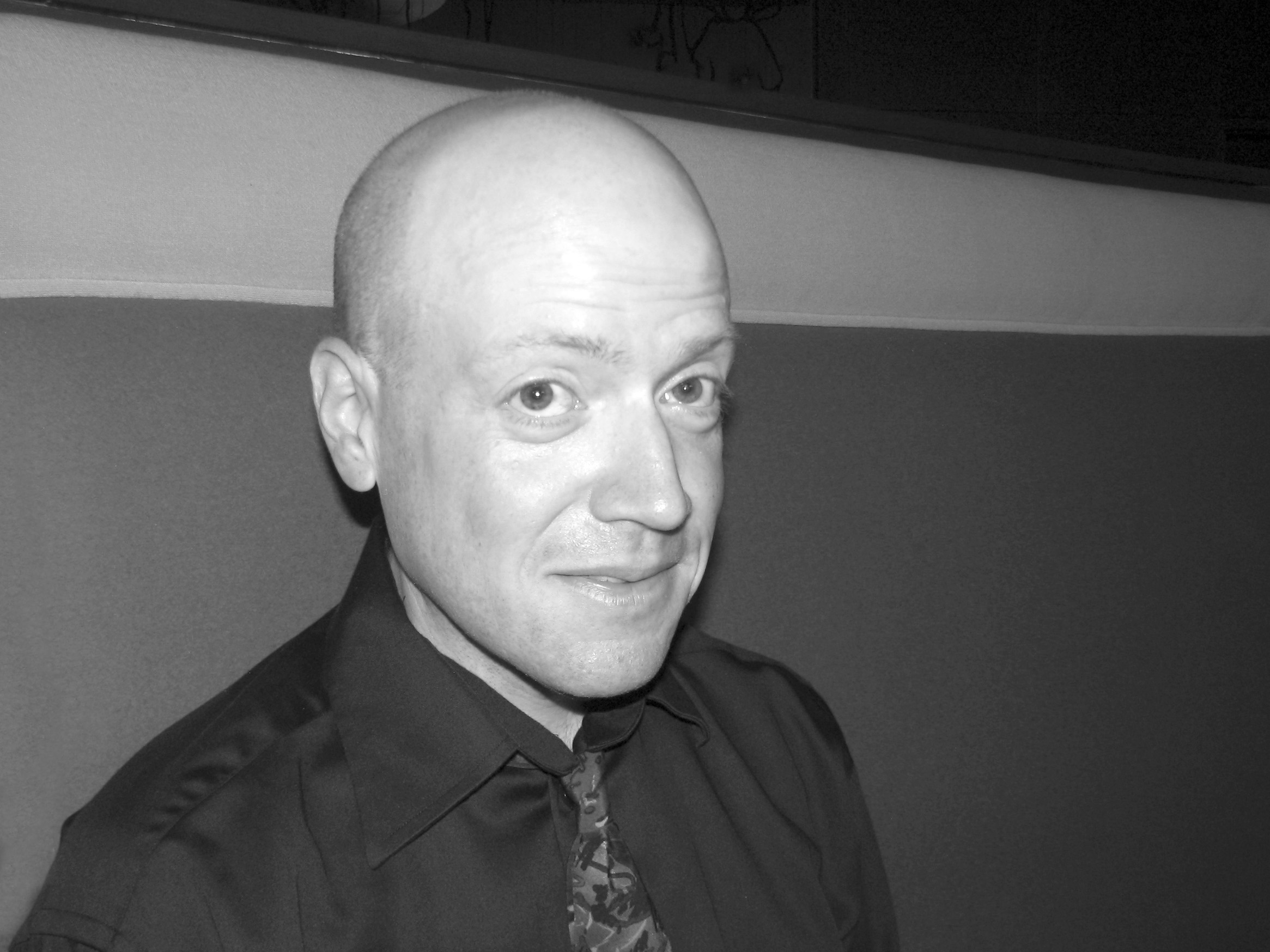
Soaring
David Drexler
David Drexler's music has been performed on three continents by groups such as The New York Miniaturist Ensemble, The Dutch Tuba Quartet, the EmergOrchestra, and the May in Miami Festival. He has received grants and commissions from the Oakwood Chamber Players, Music St. Croix, the Wisconsin Arts Board, and others.
"Soaring" is floating on air.
-
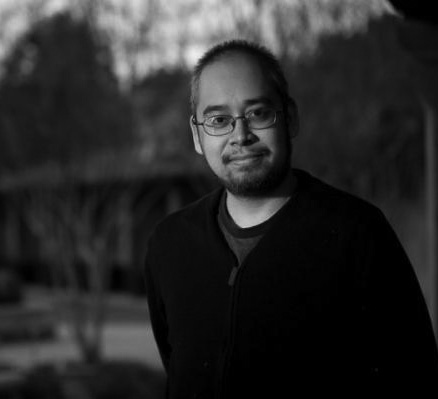
Easter Mood (Week 1)
Abraham Fabella
Abraham Fabella is a composer, conductor, pianist, teacher and singer. He has studied composition with Byron Adams (at the University of California) and Conrad Susa (at the San Francisco Conservatory of Music). He lives in the city of Colton in California.
" Easter Mood (Week 1)" is my first conscious attempt of chronicling my own soul's journey out of darkness into a new era of light.
-
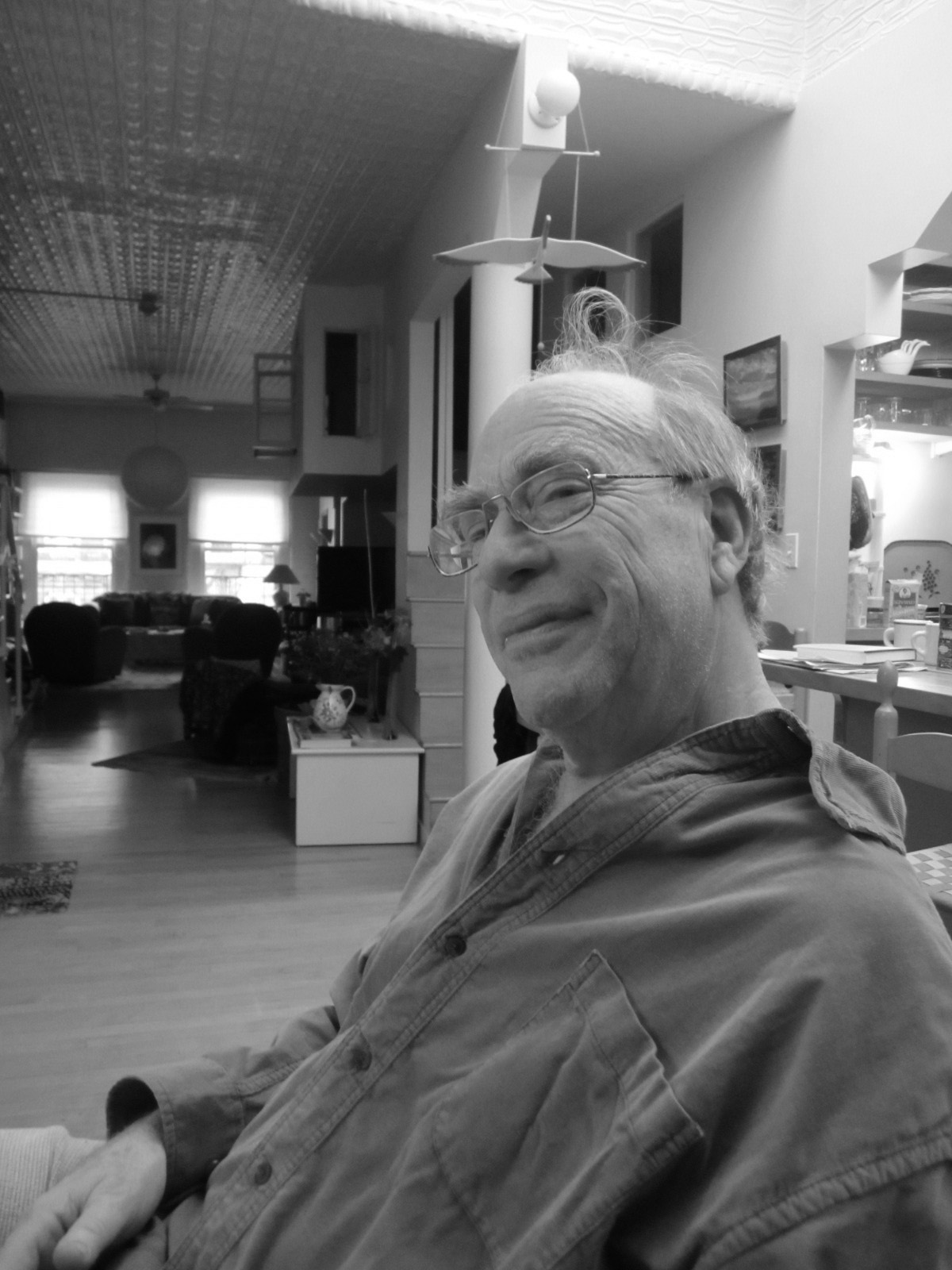
For His 6th Birthday
Daniel Goode
Daniel Goode, composer-clarinetist lives in New York, is founder of the Flexible Orchestra a new concept in orchestral sound, co-director of the DownTown Ensemble member of Gamelan Son Lion. Recent work is the opera, French Arithmetic premiered 2010 by the Flexible Orchestra's concert of new works and revivals for its latest array of seven accordions, three strings.
"For His 6th Birthday" is a "duet" for one voice who is by turns "the parents" and "Danny," the their child. It's a setting of the composer, Daniel Goode's unbelievable gift of a ballerina (a real one from the Ballet Russe) "given to him" by his father for his sixth birthday. This song is the "back-story."
-
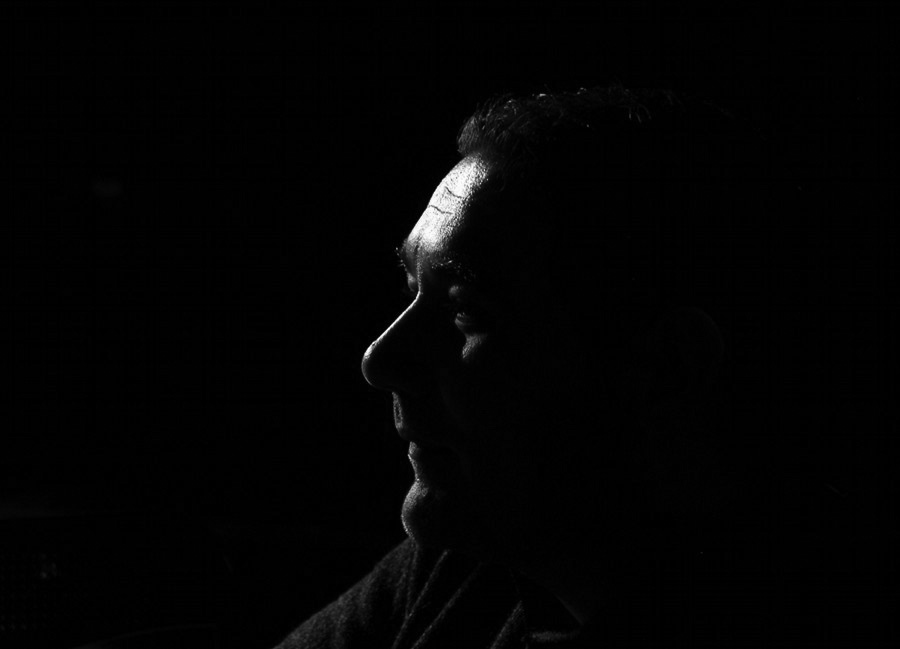
...my name...
Paolo Longo
Paolo Longo was born in Trieste (Italy) in 1967, he graduated at the Conservatorio Tartini with highest honors. He won several composition competitions: in Oslo (Edvard Grieg), Tarragona (ANDM), Plovdiv, Tokyo, New Haven (Renée B. Fisher Awards), Paris, Miami (ISCM), Taranto, etc. His music has been performed and broadcast in more than 30 countries.
Three pitches are the whole material on which is based this piece titled, "... my name ..." The short text ("My name is Beth") is submitted to continuous permutations, which become something like mishaps - as in a society (the current) where communication is so hard to make difficult even the simple act of introducing himself.
-
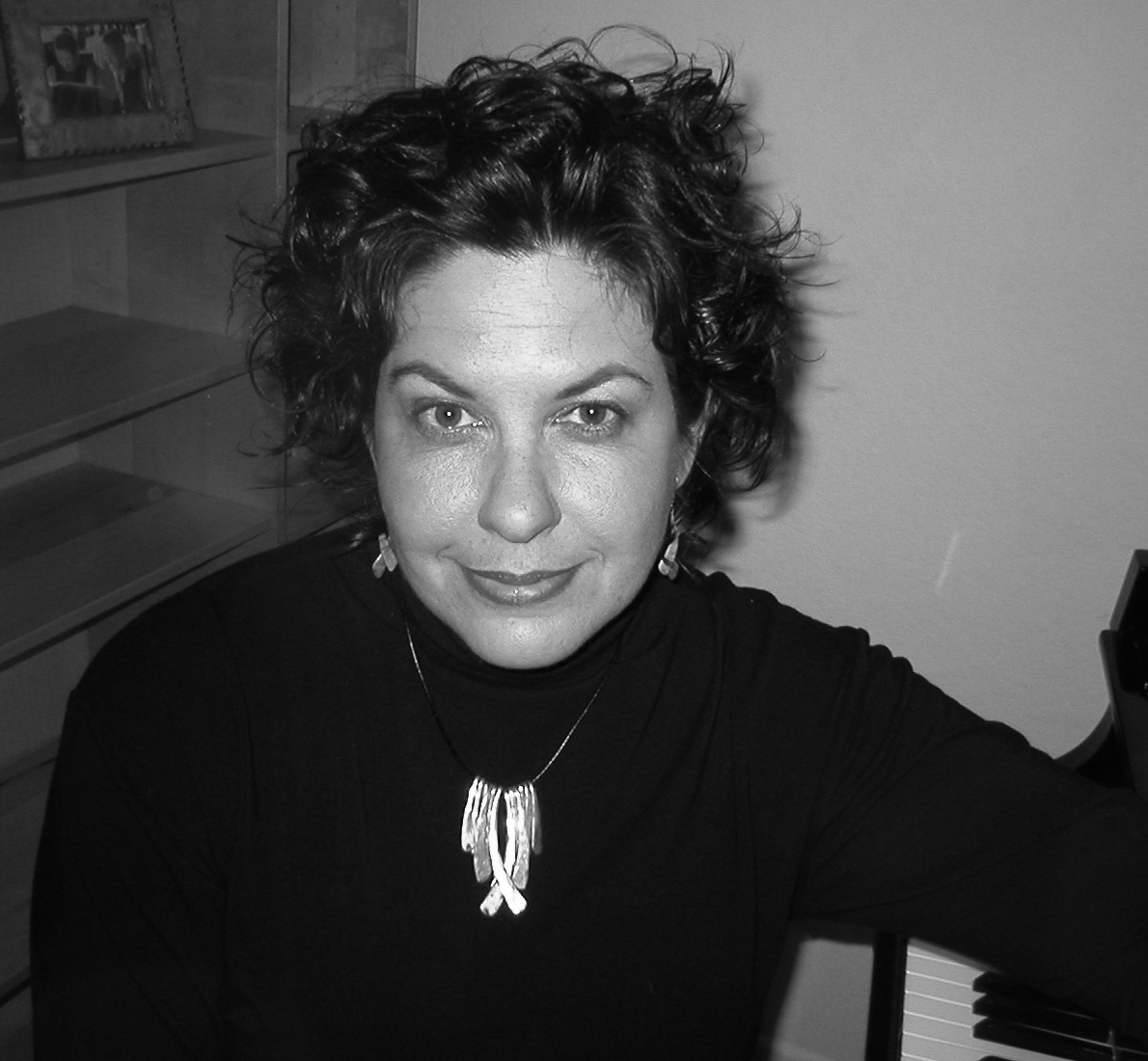
The Singing of the Waves: Neried's Lyre
Pamela Madsen
Pamela Madsen's works feature transformation and transcendence in performance through intensive focus on the moment, voice, exhaustive repetition and transfiguration of intentionally simple gestures. Professor at Cal State Fullerton, her mentors include Brian Ferneyhough and Pauline Oliveros with commissions premiered by Zeitgeist, Ethel, Trio Solisti, Verdehr Trio, JACK and Arditti Quartet. Pamela Madsen www.pamelamadsen.com
"The Singing of the Waves: Neried's Lyre"
This work is from a collection of pieces based on images and sounds of imagined seductive Sea Nymphs (Nerieds) inspired by sounds collected during a visit to Luciano Berio's birthplace: Oneglia, Italy--a small fishing village on the sea. Text is from Sunk Lyonnesse by Walter de la Mare.
Sunk Lyonesse
by Walter de la Mare
In sea-cold Lyonnesse
When the Sabbath eve shafts down
On the roofs, walls and belfries
Of the foundered town
The Nereids pluck their lyers
Where the green translucency beats
And with motionless gaze
Make mintrelsy in the streets.
-
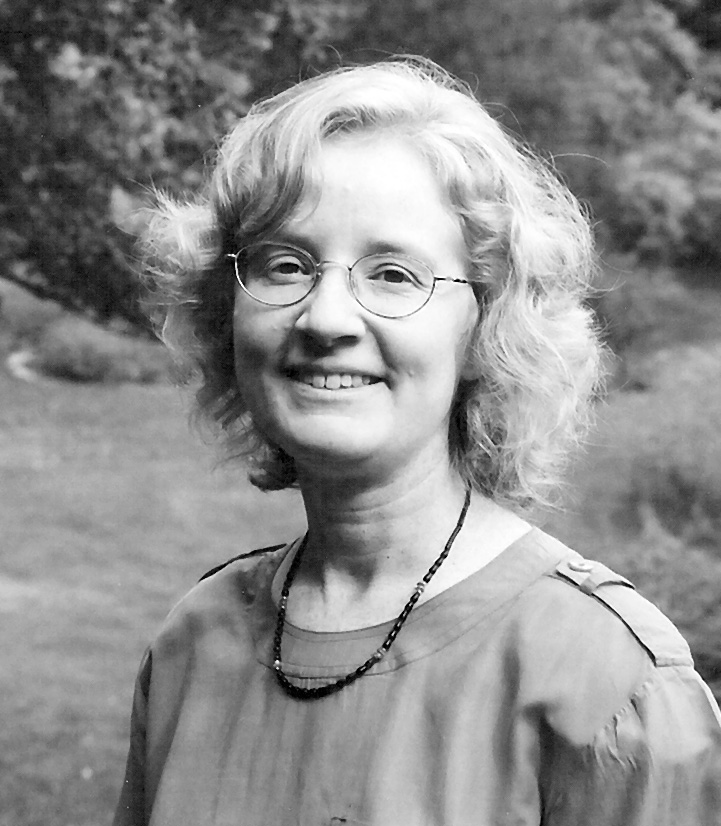
Double
Pamela J. Marshall
Pamela J. Marshall's commissions include South Beach Chamber Ensemble, Master Singers of Lexington, MA, Green Mountain Youth Symphony, Assabet Valley Mastersingers. Recent projects: Poetry-Inspired Solos for various instruments; and the Art-Poem-Music collaboration. She plays freestyle improv with the Vortex Series in Boston and leads improvisation workshops. www.spindrift.com
"Double" for soprano includes whistling, unvoiced syllables, brass-style double-tonguing, and optional percussion. The soprano might choose castanets, drumming with fingernails, or even a handclap with reverb. The challenge is to blend the disparate sounds into a coherent texture, pushing forward urgently to the final note.
-
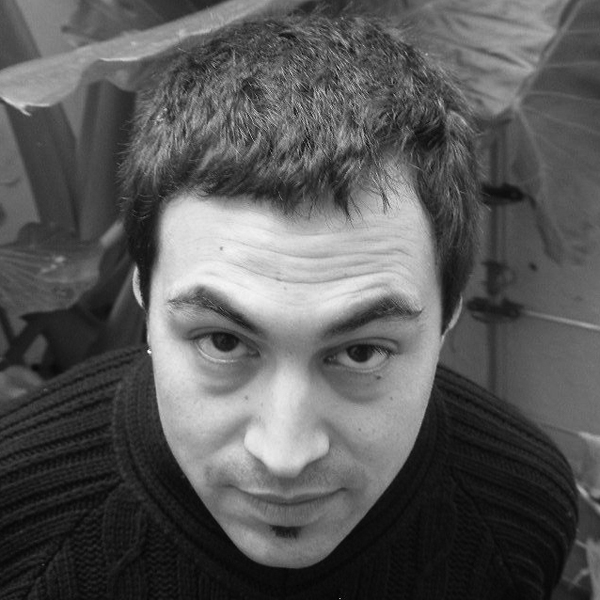
Poem
Luis Menacho
Born in La Plata, Argentina (1973), Luis Menacho graduated in composition at the College of Fine Arts from the Universidad Nacional de La Plata (UNLP). He founded the ensambles klang and alla[breve]. He is lecturer in Composition. Some of his works were published by Stark Musikverlag, Ediciones GCC and Melos.
"Poem (2011) " Was composed with fragments of a Emily Dickinson´s poem, "I hide myself within my flower" (1854-59). The reminiscences of my memory at the moment of the composition have a relation with the musical materials used: residual sounds –percussive, tuned air- sing, reminiscences of words… for a fragile experience beetwen poetry and music.
-
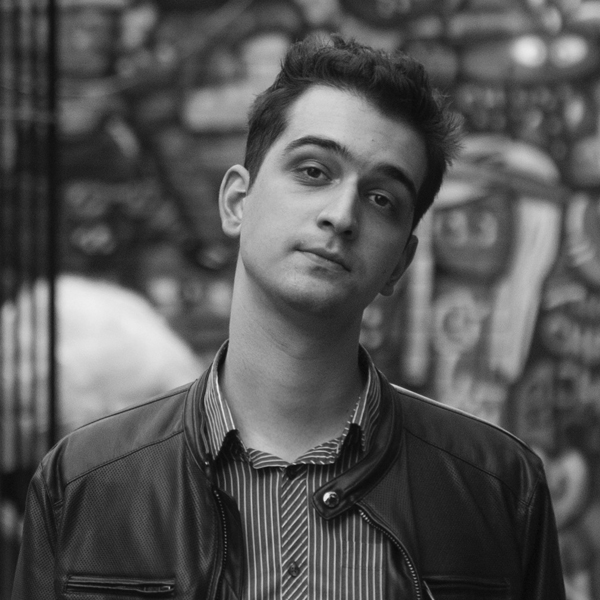
pakSizaala
Koka Nikoladze
Koka Nikoladze, born in 1989, entered Tbilisi State Conservatoire in 2006 with a specialty in violin and in 2008 continued with a specialty in composition. In 2010 graduated Tbilisi State Conservatoire as a violinist and entered MH Stuttgart with a specialty composition. Nikoladze has composed "new music" for chamber ensembles as well as postproduction music. One of the major directions is also theatre music. Nikoladze received Best theatre composer award on "Ardifest" theater festival, 2010.
The piece is called "pakSizaala" (translation from Sanskrit: bird sanctuary). The structure is almost perfect symmetric. The first half of the piece is reversed afterwords, (except last two bars). The aesthetic point of the piece is to turn a performer into a "hybrid" bird, that's song begins nowhere and and ends in the same way. The piece applies extended vocal techniques.
-
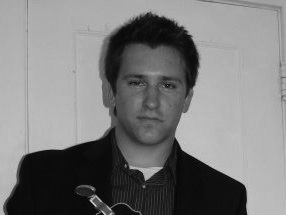
Beautiful Noise: [59]
Brandon J Rolle
Brandon J Rolle is a composer based out of the San Francisco Bay Area, whose work is focused on music as an interdisciplinary art, and a portrait of modern American culture. Rolle has degrees in Music and Political Science, and currently studies composition at the Mills College Graduate Music Department in Oakland, California.
"Beautiful Noise: [59]" is an exploration of methods by which solo voice can imbue a melody with context, dissonance, and resolution. Levels of voiced and un-voiced articulation techniques highlight the incredible harmonic content of the voice, often overlooked and taken for granted.
-
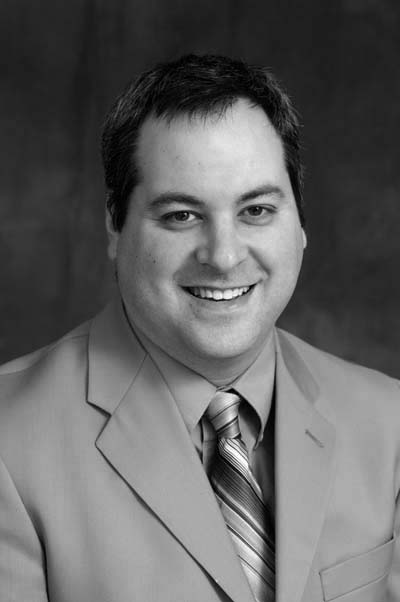
Still south I went...
Justin Rubin
Dr. Justin Rubin is Professor of Composition at the University of Minnesota Duluth. His renewed interest in traditional tonal structures through a prism of modern techniques has led to his present approach to writing. He has released two solo CDs: Nostalgia (Innova 738) and Constellations (MSR 1398).
"Still south I went..." crawls around a synthetic scale centered on 'A' leading to some quite distracting chromatic nuances that seemed to fit the character of Synge's text. Two 'hummed' sections separate the off-putting accents and mirrored rhyme-schemes that shaped much of the musical form.
-
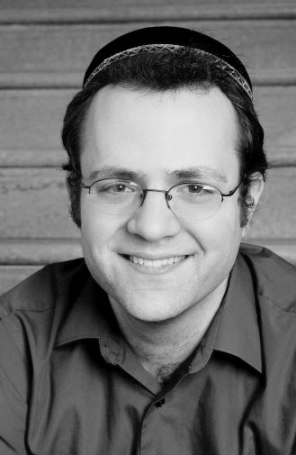
Sonata for Symphony Orchestra
Naftali Schindler
Naftali Schindler got a MMA degree at Yale. In his music, he likes to synthesize musical traditions from around the world. He lives in the Judean Hills in Israel, among goats and vineyards. His music has been played by various entities in many places, and he won some prizes.
The title doesn't lie. The piece is in sonata form, the consonants "Sh, T" and "Ch, K" forming the first and second theme, respectively. These consonants are developed and recapitulated. The piece is for vocal chords (STRINGS), WIND pipe, and percussion, I think that combination is called a symphony orchestra.
-
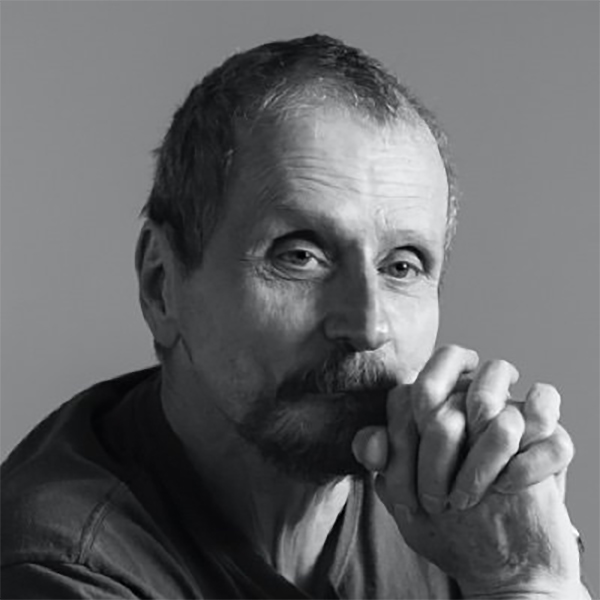
Who Are You Waving At?
William Vollinger
William Vollinger's music's been performed by Gregg Smith Singers and NY Vocal Arts Ensemble, whose performance of "Three Songs About the Resurrection" won first prize at Geneva International Competition. "Violinist in the Mall" won 2005 Friends and Enemies of New Music competition. Published by Abingdon, API, Heritage, Kjos, Lawson-Gould, and Laurendale.
"Who Are You Waving At?" was written by William Vollinger for Beth Griffith and 15-Minutes-of-Fame for unaccompanied soprano voice. It describes a familiar experience of mistaken identity. It explores new (as opposed to current) musical territory, isolating words into spoken and sung components, generating musical figures for repeated words.
-
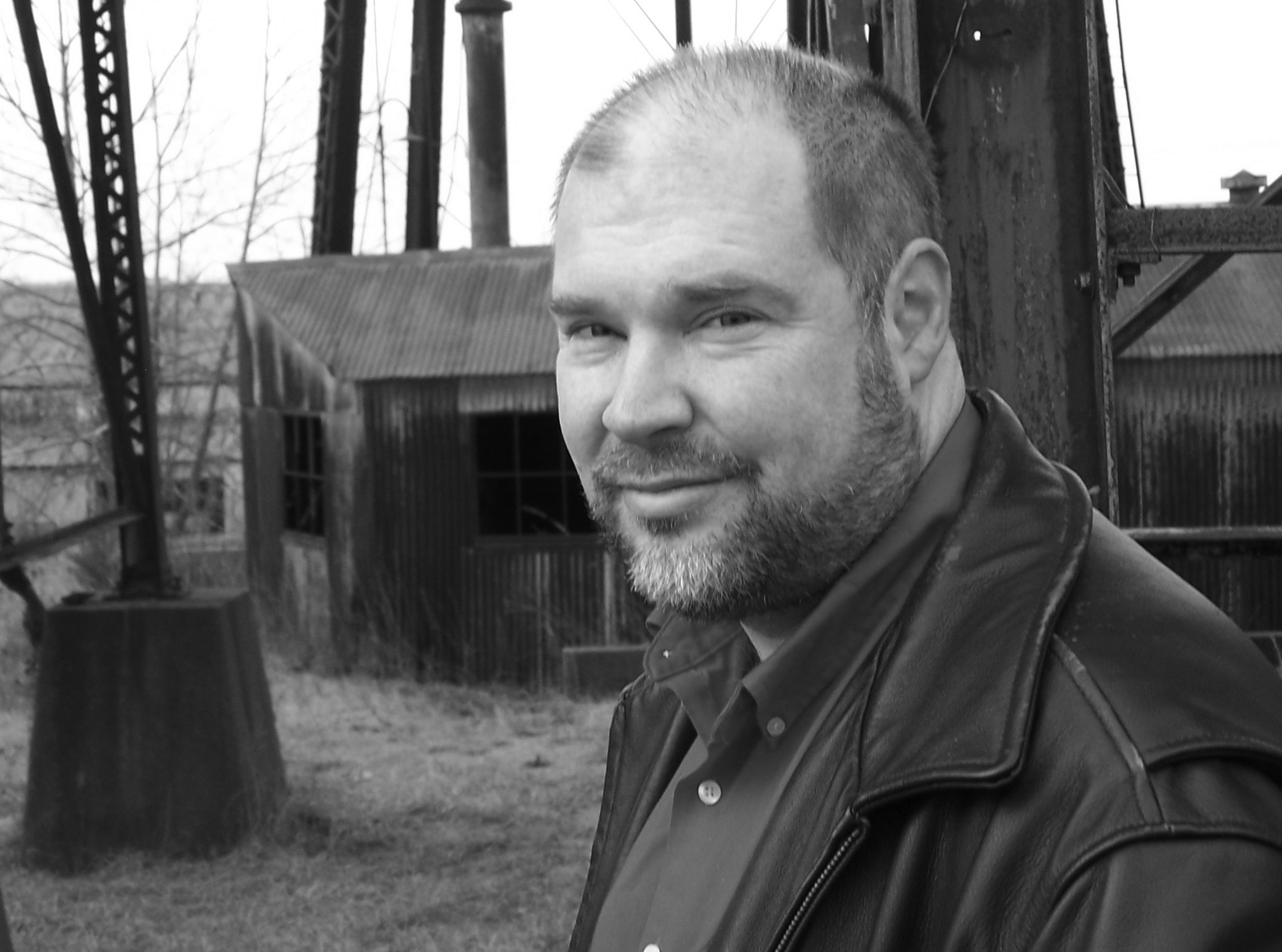
Sardoodledom
Andrew Walters
Andrew Walters is Assistant Professor of Music Theory and Music Technology at Mansfield University in Mansfield, Pennsylvania. Walters' music has been performed at variousconferences throughout the United States and Canada and appears on volume nine and sixteen of the "Music from SEAMUS" compact discs.
"Sardoodledom" is a fractured, melodramatic, but trivial waltz. The word apparently can cause giggles in children (http://www.youtube.com/watch?v=A8jwp5ou5hE).